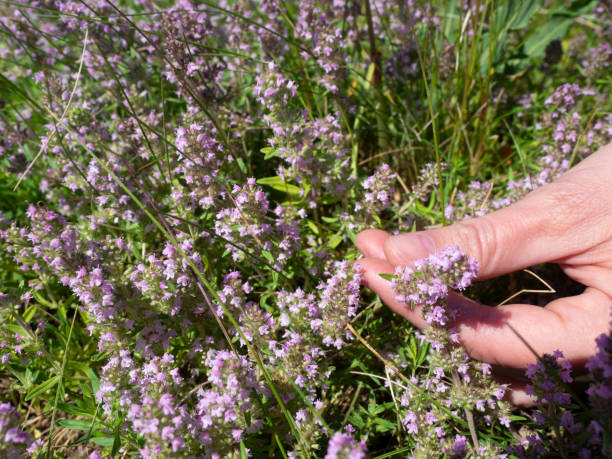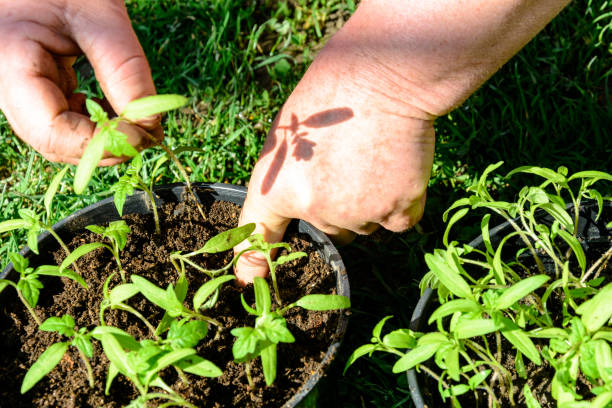Chicken manure is one of the most beneficial nutrients you can offer your soil. But not all manure from chickens is made equal. You can also purchase bags of organic waste for chickens at the garden center if neighbors naturally raise chickens and want to borrow some debris.
Here are the details on what’s called “black gold” from the Coop:
What Is Chicken Manure?
Also known as chicken manure, the manure is a great food source of nutrients. The nitrogen and phosphorus content is more than twice higher than other manure from farms like cow manure.
In addition to droppings from chickens in the manure of chickens, all other items get picked out when a coop for chickens is cleaned, including feathers, urine, and feed leftovers, as well as bedding materials used in cells like straw and hay as well as cedar or pine shavings, grass clippings, leaves that have been shredded, and even recycled paper. This is why the NPK content in the manure of chickens differs dramatically.
The proportion of feces from chickens and other substances is not the only factor that affects nutritional content. The age of the chickens as well as how they are reared, also play an essential role.
The Benefits of Chicken Manure
A non-synthetic organic fertilizer manure from chickens has many advantages. It is a total fertilizer containing nitrogen, phosphorus, potassium, and essential micronutrients like calcium, which are necessary for plant growth.
Chicken manure is much more than just a fertilizer, however. It’s also a great addition to soil that improves the organic matter in the ground, which increases soil structure, moisture holding capacity, drainage capacity, and Aeration. Additionally, soil rich in organic matter tends to be less vulnerable to erosion and has better fertilizer.
The organic matter in the manure of chickens also has a beprovidescrobes with food, allowing natural nutrients to be broken down more quickly and making it themeable to plants faster.
The Difference Between Bagged and Fresh Manure
Chicken manure is available in two varieties that are processed commercially or fresh. The bags you purchase at the local garden store are pulverized and dried pelletized manure from chickens. In a weight-for-weight ratio, dried dung is much more concentrated than fresh manure, which can contain up to 76 percent water. Dry waste is typically cleaned and odorless.
On the contrary, fresh manure from the backyard chicken coop or farm has a strong scent and could contain harmful pathogens like E. coli or Salmonella. In contrast to dried dung, it is unsuitable for use. However, it must be composted or aged before it is used; otherwise, the ammonia levels will cause a fire to the plants.



